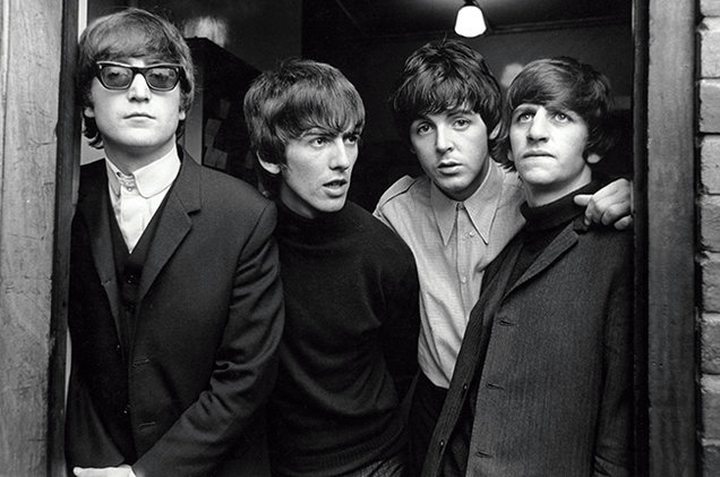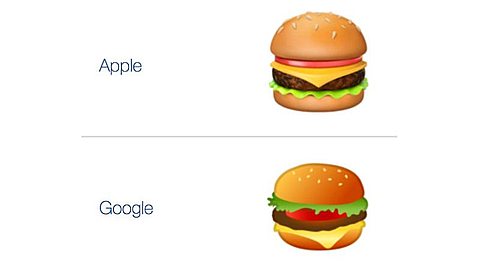The Beatles’ Music Catalog to Become Available on Streaming Services

The move is a vote of confidence by one of the biggest names in music for a format that represents a small but growing part of an otherwise stagnant music market.
London-based Apple Corps Ltd., the band’s business entity, posted the news on the Beatles’ website and released a video teaser on YouTube.
The Beatles’ remastered studio albums and collections will be available at 12:01 a.m. Thursday in each country’s time zone, the company’s label said. Participating streaming services include Spotify AB, Apple Inc’s Apple Music, Jay Z’s Tidal, Deezer, Alphabet Inc.’s Google Play and Amazon.com Inc.’s Amazon Prime.
The Beatles’ long-awaited streaming debut could boost subscriber numbers of music streaming services, which record labels see as key to their future as CD sales and downloads decline. In particular, the Beatles’ songbook could help hook older, less tech-savvy consumers on music streaming, which hasn’t yet become a mainstream practice in the U.S.
Though a smaller market than sales of downloads or physical media such as CDs and LPs, streaming is growing rapidly and major record companies consider subscription services essential to their future. Big labels especially are interested in promoting subscription as a viable alternative to owning music, making comprehensive music catalogs critical.
As arguably the biggest rock band in history, the Beatles loom large in that equation.
If one service had snagged exclusive rights to the band it would have gained a major marketing advantage over rivals. By going with all the major services at once, and leaving money on the table in the short term, the band may have benefited the broader industry, and potentially themselves, by helping to promote the impression that subscription services have most of the music consumers want.
Streaming generated less revenue for music companies in 2014 than digital downloads or even CDs.
Streaming services accounted for 27% of recorded-music revenue in the U.S. last year, according to the Recording Industry Association of America. Digital downloads were 37% of the market, and sales of CDs and LPs were 32% of the market.
Streaming revenue grew last year to nearly $1.9 billion in the U.S. according to the RIAA, from $1.4 billion in 2013. Downloads fell in the same period to $2.6 billion from $2.8 billion. Physical music sales, including CDs and LPs, fell to $2.1 billion from $2.3 billion.
Spotify, the largest service, counts more than 20 million paying subscribers and about 80 million free users world wide; Apple Music had 6.5 million subscribers and 8.5 million in free trial as of October.
Though the Beatles catalog will be available to both Spotify’s paying and free users, paying subscriber numbers could still see growth thanks to the sheer publicity the releases bring to Spotify’s brand.
By making their music available on streaming services relatively early in the format’s life the Beatles may be able to avoid certain past mistakes.
The band waited until 2010 to allow its music to be sold as digital downloads on Apple Inc.’s iTunes Store—long after that market ended its early years of explosive growth, and only three years before downloads started declining.
In contrast, many in the music industry are confident streaming has a long way to go before it hits anything like a saturation point, and could continue to experience double-digit growth for several years to come.
The Beatles’ rights holders—including surviving band members Paul McCartney and Ringo Starr, as well as the heirs of John Lennon and George Harrison—had long been interested in making the catalog available on streaming services to maintain the relevancy of the Beatles brand, according to a person familiar with the matter.
The band’s recorded music is owned and distributed by Vivendi SA’s Universal Music Group.
Numerous streaming services had sought exclusive deals with the Beatles, according to people familiar with the matter. Such deals can be quite lucrative for major artists. Spotify paid Led Zeppelin millions of dollars in 2013 for the exclusive right to stream their music, according to a person familiar with the matter, an arrangement that expired in early 2015.
Spotify spokesman Jonathan Prince said that as a general rule, “we are not in the business of paying for exclusives because it’s better for artists and it’s better for fans for music to be available as widely as possible.”
The Beatles camp elected to release the material on all services and tiers to reach the broadest possible swath of fans.
While the move could dampen already-declining CD and download sales in the long term, strengthening the brand could boost other revenue streams such as merchandise sales and Beatles-themed shows.
The Beatles have sold about 900,000 albums and 2 million digital songs this year, down from 1.2 million albums and 2.7 million songs last year, according to Nielsen Music.
Nielsen analyst Dave Bakula said the Beatles’ streaming arrival could possibly even help sales by turning new fans onto the band for the first time.
“It’s hard to believe that anybody hasn’t discovered the Beatles yet, but there are still people out there,” Mr. Bakula said, adding that the band’s historic significance has bred fans that still want to own all of its music.
The Beatles’ music has long been available on Internet radio services such as Pandora Media Inc. and on satellite radio, but never before on on-demand services.
The Beatles have been the most prominent streaming holdout, preferring instead to remaster existing albums and boost their quality.
The group also was a latecomer to the CD era, waiting until 1987 to issue its main body of work on a medium that the industry had embraced in the early to middle part of the decade.
Streaming is just one piece of the puzzle when it comes to how record companies are planning to make money going forward.
In his year-end letter to employees of Universal Music Group, Chief Executive Lucian Grainge noted the partnerships the label had struck this year with brands including American Airlines and Marriott to help its artists achieve commercial success.
He also spoke about plans to ramp up in-house video production and find ways to better monetize artists’ video content, which is now consumed mostly for free on YouTube.
“In 2016 we’ll continue to expand and transform the very nature of the role a music company can play in an ever-changing world,” Mr. Grainge wrote.





